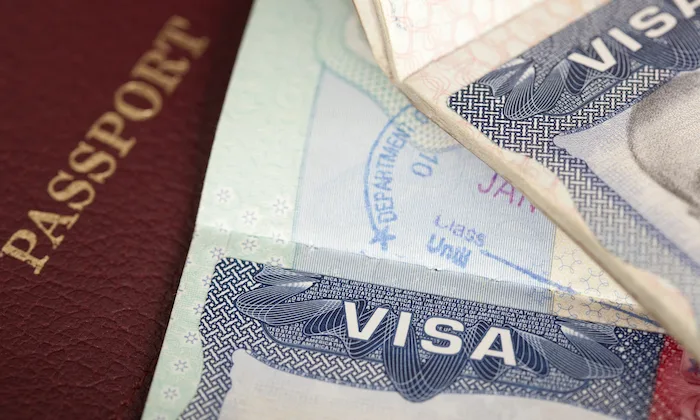Washington, DC – The Trump Administration has proposed new federal registration requirements for foreign-born individuals, according to updated guidelines posted on the U.S. Citizenship and Immigration Services (USCIS) website. The move has drawn sharp criticism from immigration advocates, who warn it could lead to racial profiling and unjust detentions.
Legal and Civil Rights Concerns Raised
The American Immigration Lawyers Association (AILA) condemned the proposal, comparing it to post-9/11 registration policies that were later deemed ineffective and harmful.
“These requirements harken back to a dark chapter in our history when simply looking ‘foreign’ made individuals targets for detention and deportation,” said AILA President Kelli Stump. “The last nationwide registration system wasted taxpayer money, failed to improve security, and tore families apart. If implemented, this could create a ‘show me your papers’ environment where even U.S. citizens and legal residents live in fear of being stopped without proper documentation.”
Stump cited cases of U.S. citizens mistakenly detained in immigration raids, warning that expanded registration would exacerbate such incidents.
Potential for Widespread Disruption
AILA Executive Director Benjamin Johnson argued the policy would sow chaos by criminalizing otherwise law-abiding immigrants.
“The proposal imposes unreasonable burdens, like requiring Canadian visitors—often admitted without fingerprinting—to register within 30 days,” Johnson said. “Even 14-year-olds would be forced to enroll, despite not being legal adults. This seems designed to label immigrants as criminals and lay the groundwork for mass deportations.”
He emphasized that the policy disregards immigrants’ contributions to U.S. society, calling it a step backward for the nation’s values.
Next Steps
The proposal is pending further federal review. Immigration advocates urge public opposition, fearing it could lead to widespread profiling and family separations.
Related topics:
- Who Can Apply for CEC?
- Uk Immigration Crackdown May Slow Net Zero Progress by 2050
- UK Immigration Rules Tighten, Threaten Labour Shortages


